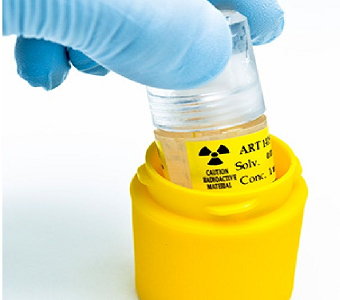Genzyme, a subsidiary of Sanofi (NYSE:SNY), announced Wednesday night that the FDA has approved Aubagio, its oral, once-daily treatment for Relapsing Remitting Multiple Sclerosis (RRMS). Aubagio is only the second oral treatment to hit the market, following Novartis’ (NYSE:NVS) Gilenya in 2010, although Teva (NYSE:TEVA) and Biogen Idec (NASDAQ:BIIB) are developing oral treatment options as well. Sanofi acquired Aubagio when the company purchased Genzyme for more than $20B in 2011. While the approval news from Sanofi is positive for the company, analysts are questioning Aubagio’s potential in the market as other injectable drugs (Rebif for instance) and upcoming compounds have shown better efficacy, and Biogen’s BG-12, widely thought to be the next big MS treatment, is set for approval later this year.
Aubagio’s oral formulation will be a strong selling point, and recent FDA safety concerns with Gilenya should improve sales as well, but a variety of MS treatments in development may overshadow the new drug. As mentioned, BG-12 is undergoing regulatory review for approval, and has demonstrated strong results as an oral MS treatment. Genzyme, however, believes that Aubagio’s opportunity will be as a complement to its development-stage injectable, Lemtrada. Lemtrada, which was delayed by the FDA earlier this year for poor data organization, will act as a late-stage MS treatment, while Aubagio will be used in patients earlier in the disease’s development. One analysts says Aubagio sales are likely to peak at $650M by 2019 however the range is wide given expectations that BG-12 could sweep the market. Sales figures for these MS drugs are difficult to pin down, and notably, the merger between Sanofi and Genzyme was initially hampered over a disagreement on the drug’s potential. Nevertheless, SNY is showing strength Thursday in early trading, which should continue throughout the day.
Biogen Idec was rumored to be considering an acquisition of Elan (NYSE:ELN) for its MS treatment, Tysabri. You can see PropThink’s negative report on that take-out potential by clicking here.




